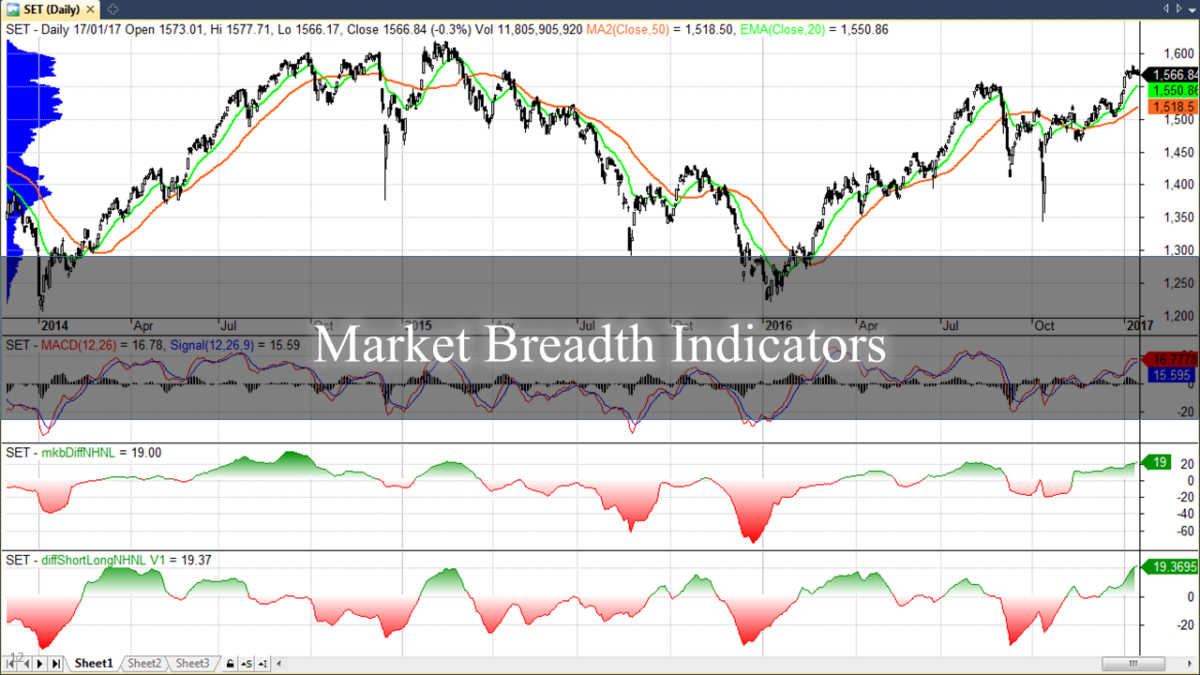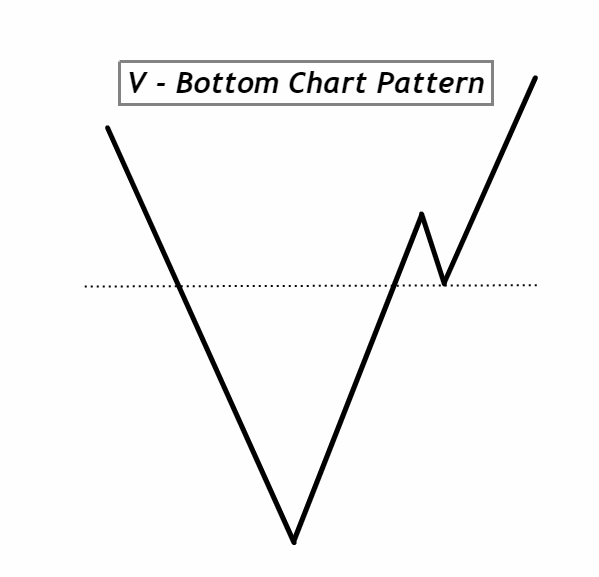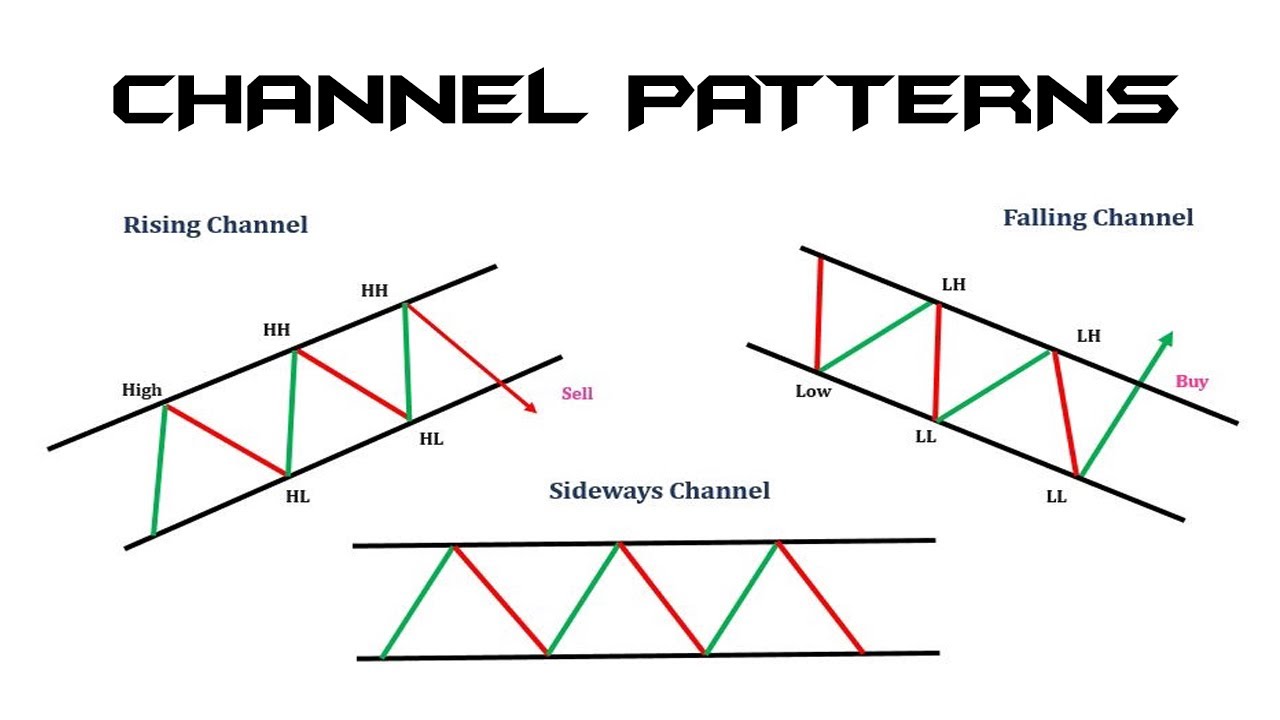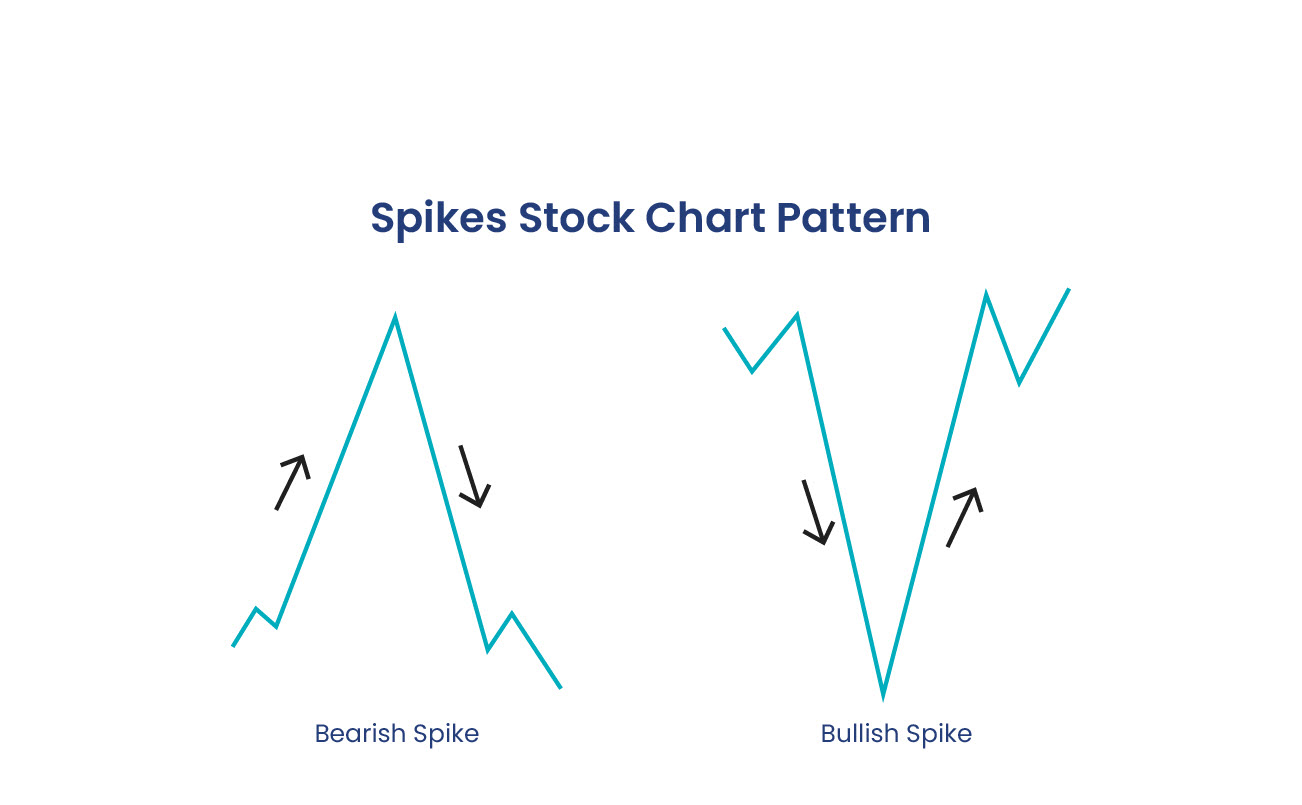
MSCI World Index
The MSCI World Index is a global stock market index that represents the performance of large and mid-cap stocks from 23 developed countries around the world. It includes over 1,500 stocks, providing a comprehensive overview of global equity market performance. As one of the most widely followed international indices, the MSCI World is often used by investors, fund managers, and analysts to assess the overall health of the global economy and compare regional markets.
What is the MSCI World Index?
Launched by Morgan Stanley Capital International (MSCI), the MSCI World Index serves as a benchmark for global stock market performance. The index tracks companies across North America, Europe, Asia, and the Pacific, including major developed countries such as the United States, Canada, Japan, the United Kingdom, Germany, and Australia. While it covers a broad range of sectors, the index excludes companies from emerging markets, focusing solely on developed economies.
The MSCI World is a market capitalization-weighted index, meaning companies with larger market values have more influence on the index’s overall performance. Some of the world’s largest and most influential companies, such as Apple, Microsoft, Amazon, and Nestlé, are included in the index.
When to Use the MSCI World Index?
The MSCI World Index is used in a variety of investment contexts, particularly for those who want to gain insight into or benchmark performance across global markets. Here are some common situations where the index is valuable:
- Global Market Performance Benchmark: The MSCI World Index is often used as a global benchmark to evaluate the performance of international equity portfolios. Fund managers and investors compare their portfolios to the MSCI World to determine whether they are outperforming or underperforming the global stock market.
- Assessing Global Economic Trends: Investors looking to understand the broader global economic environment use the MSCI World as an indicator of economic health. Since it tracks large and mid-cap stocks across developed countries, the index reflects how major companies in these economies are performing, giving a snapshot of the overall economic situation.
- Diversification: The MSCI World provides a diversified view of global equities. For investors who want exposure to multiple countries and sectors without focusing on a single region, the MSCI World offers a balanced representation. By looking at the index, they can gauge how diversified their portfolio is compared to global market standards.
- Global Portfolio Allocation: For those looking to invest in international markets, the MSCI World can serve as a reference point for creating a global equity portfolio. Its inclusion of various industries and countries helps guide decisions on how to allocate funds across different regions or sectors.
- Comparing Regional Markets: Investors interested in understanding how a specific country’s stock market is performing in relation to the broader global market can use the MSCI World as a comparison tool. For example, if U.S. equities are outperforming the MSCI World, it may indicate stronger economic conditions in the U.S. relative to other developed countries.
Why Use the MSCI World Index?
There are several reasons why the MSCI World Index is widely used by investors, analysts, and fund managers:
- Broad Global Exposure: The MSCI World Index offers exposure to large and mid-cap companies across a variety of developed countries, providing a comprehensive snapshot of the global stock market. This global coverage makes it an ideal tool for those who want to invest in or analyze international markets beyond their home country.
- Diversification Across Regions and Sectors: By tracking companies from 23 developed markets, the MSCI World provides diversification across regions such as North America, Europe, and Asia. It also spans multiple sectors, including technology, healthcare, finance, consumer goods, and industrials. This diversification reduces the risk of being overly reliant on a single country or sector’s performance.
- Benchmark for Global Funds: Many global equity funds use the MSCI World Index as a benchmark. Investors can measure their global portfolios against this index to assess their performance and determine if their investments are outperforming or lagging behind global markets.
- Stability and Risk Management: Since the index only includes developed markets, the MSCI World is generally considered more stable than indices that include emerging markets, which tend to be more volatile. This makes the MSCI World suitable for investors who want international exposure without the added risk of less stable economies.
- Focus on Developed Markets: For those specifically interested in developed economies, the MSCI World provides a clear focus. It includes countries with established financial systems, political stability, and a strong regulatory environment, offering a relatively lower-risk investment option compared to indices that include emerging markets.
- Long-Term Growth Potential: The MSCI World Index focuses on large and mid-cap companies, many of which are leaders in their industries with a strong potential for long-term growth. This makes it attractive for investors looking for stable, long-term equity exposure across global markets.
Why Invest in the MSCI World Index?
Investing in the MSCI World Index, either directly through index funds or ETFs that track the index, provides an easy way for investors to gain exposure to global markets. For long-term investors who want a diversified, low-cost option, the MSCI World is an excellent choice because it covers a wide range of industries and regions, offering both growth potential and stability.
Additionally, for those looking to reduce risk through diversification, the MSCI World ensures that a portfolio is not over-exposed to any single region or sector. The index’s focus on developed markets also helps mitigate some of the volatility often associated with global investing. Many international equity funds and ETFs are built around the MSCI World, making it accessible for a wide range of investors.
Conclusion
The MSCI World Index is a key tool for investors and analysts seeking to understand and invest in global stock markets. It offers a broad, diversified view of large and mid-cap companies across developed markets, providing a benchmark for global portfolio performance and economic health. Its focus on stable, developed economies makes it a valuable index for those looking for international exposure without the higher volatility of emerging markets. Whether used as a benchmark for comparison, a tool for diversification, or a guide for global investment strategies, the MSCI World Index plays an essential role in modern financial markets.






